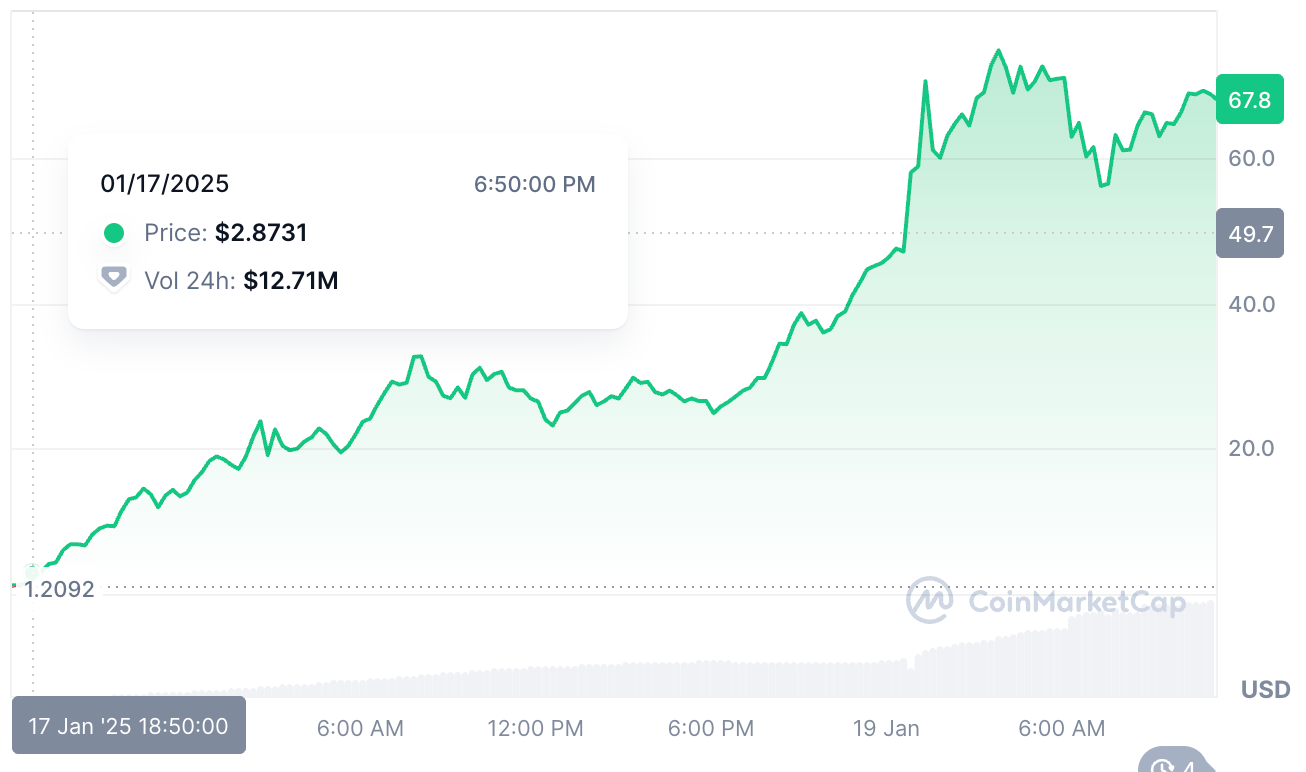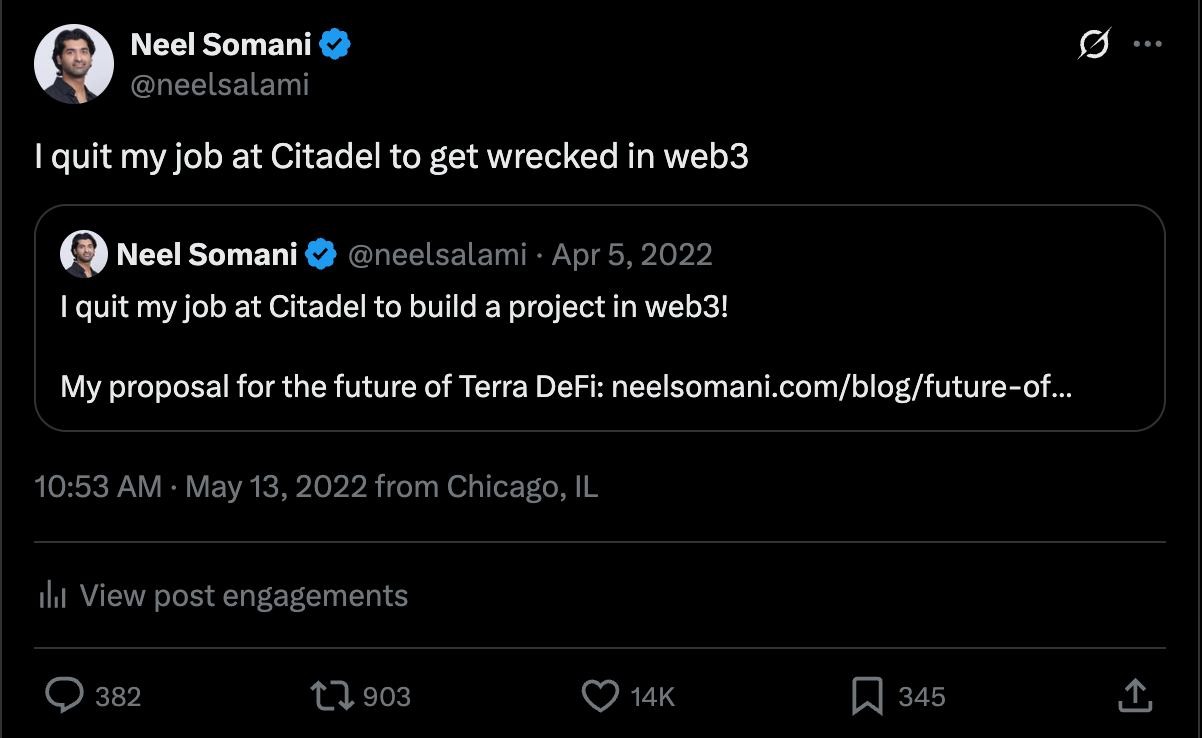A Free Market for Eyeballs
Many takes on the attention economy, with very few attention economists.
I have a friend who blew up on Twitter/X a few years ago. His account started like mine, just a couple thousand followers, mostly his friends. But by the end of the year, he had so many viral tweets that he was at 100K+.
I brought this up to my mom, a first-generation immigrant. She said, "So? What has he gotten out of that?" I remember thinking that she was completely out-of-touch, but I had no strong argument to defend my intuition.
Since then, this kid has met billionaires like Sam Altman, Elon Musk; he's working at a top company making 7-figures per year; and he manages a small fund on the side.
I think this anecdote says a lot about X and why exactly it's valuable. I used to work at a hedge fund, so I'm cursed to always think in finance terms. To me, posting on X is a form of regulatory arbitrage, because attention is capital that isn't taxed.
The Optics-to-Economics Pipeline
Finance moguls often preach about the "Section 1031 exchange," a tax feature that allows you to repeatedly swap your investment properties for more valuable ones, and continuously defer capital gains tax. What I've observed is that the same phenomenon happens with attention on X.
In some ways, my entrepreneurial career started on X. I was a quant at Citadel at the time, and a shitposter on the side. I left in 2022 at the calling of my wise friends, who advised me to build on the Terra blockchain.
Just two months later, Terra had collapsed:
I received condolences via iMessage and DMs. But I wasn't alarmed, because I intuitively knew that I was better off. I had gained an asset: attention.
Just a few months later, I had raised $15 million for my next project. And I'm not the only one. Roy Lee was a student at Columbia who was expelled for using AI to cheat on his software engineering interviews; the incident went viral, and he went on to raise a $15 million round from a16z.
Reversal of Fortune
There's a famous documentary where a homeless man, Ted Rodrigue, is given $100K. Within six months, he unfortunately went back to being broke and living in a tent.
Examples like the poly-employed software engineer Soham Parekh are the Ted Rodrigue's of X. Not everyone is built for viral attention, and when you don't know how to manage it, you squander it. Soham's interview on TBPN was widely criticized. His story was inconsistent, and the attention wasn't directed toward anything greater.
That's not the only way things go wrong. Sometimes people have a huge following, but they channel that attention toward horrible ideas. Even as a founder with attention, you can pick the wrong idea. That's probably the most popular reason why some influencers don't end up converting their attention capital. They just can't figure out how to monetise it.
This Scroll Could Change Your Life
The value of posting is obvious. You get to build this valuable intangible, untaxable asset called attention. But why are we still scrolling? Who's doing the consuming?
I'm reminded of a time I was skiing in Aspen with my good friend from college, and we were talking about how when we're with our families, we find it tempting to scroll on our phones. That's obviously a very sad thing - those are our loved ones! But this chart explains it:

Donald Trump's token (TRUMP) was trading at merely $2 to $3 for almost an hour after it launched. It was dinnertime in California, and people weren't on their phones. Word took a while to spread, but over the next 24 hours, people had moved their capital over and drove the price up to $60-70.
Who's to say whether the TRUMP coin would go up at that time. But I use it as an example to show the extreme returns of being the first to get asymmetric information. In some sense, every post we read is in search of a metaphorical "TRUMP coin." Every so often, we come across a post that's so valuable that it justifies reading all of the slop. A job opportunity, the release of a hugely time-saving app, a Luma page for an awesome event happening in our city.
That's our opportunity cost when we're not scrolling. And that's why we're still on X.
A Tool To Save You Time
I hacked together a small, open-source project called Today On Tech Twitter.
I created an X account that follows what I think is a representative sample of accounts on "Tech Twitter". This website just scrapes the posts on that account's feed every evening and passes the posts to ChatGPT to summarize the latest events.
I built the website because I feel the primitive is useful in many ways. For the casual scroller, this tool offers an easy way to take a break and later catch up on what you missed. My intention was for the representative sample to include diverse views, to mitigate the possibility of users getting stuck in a "bubble."
For engineers, this data can be the input to a process that uses AI to generate content related to current events. That might be viral videos, or automated posts from your company account on X. The JSON API is publicly available: https://www.todayontechtwitter.com/api/s3-data?utc_date=2025-07-29
X isn't for everyone, but for those who are here, you might as well exploit the arbitrage.


